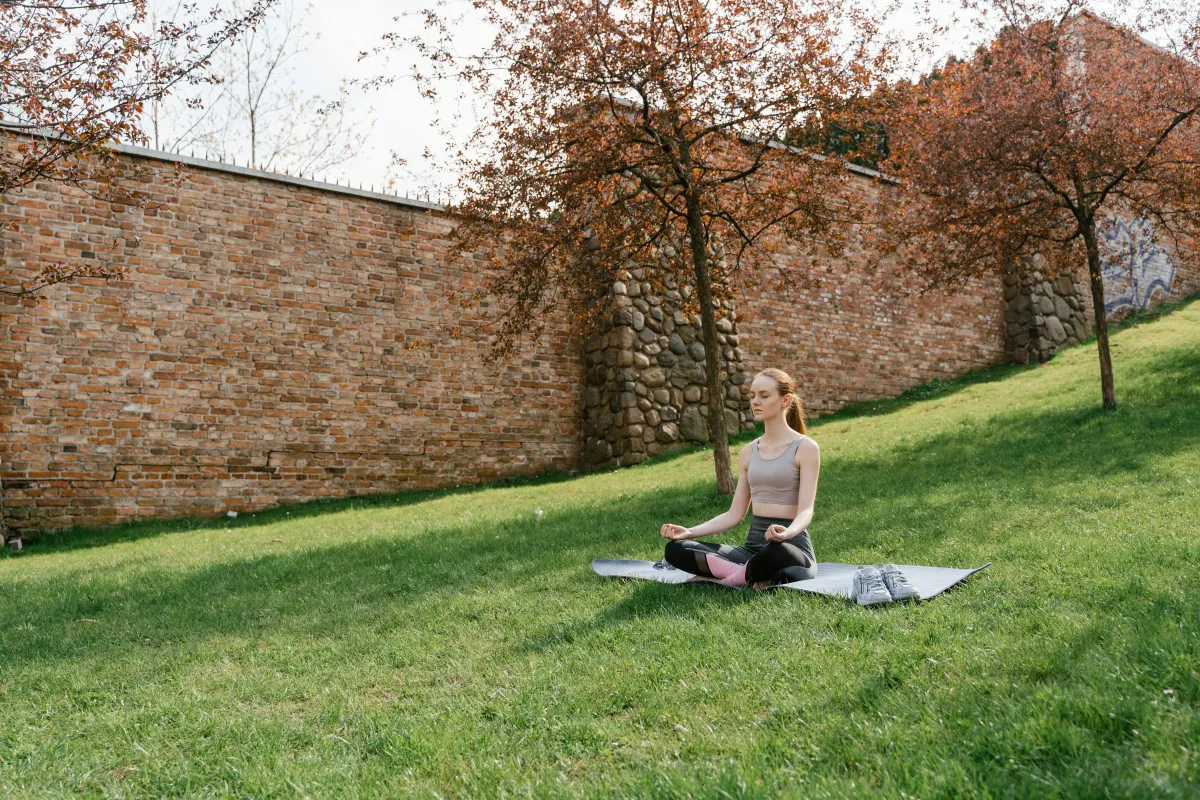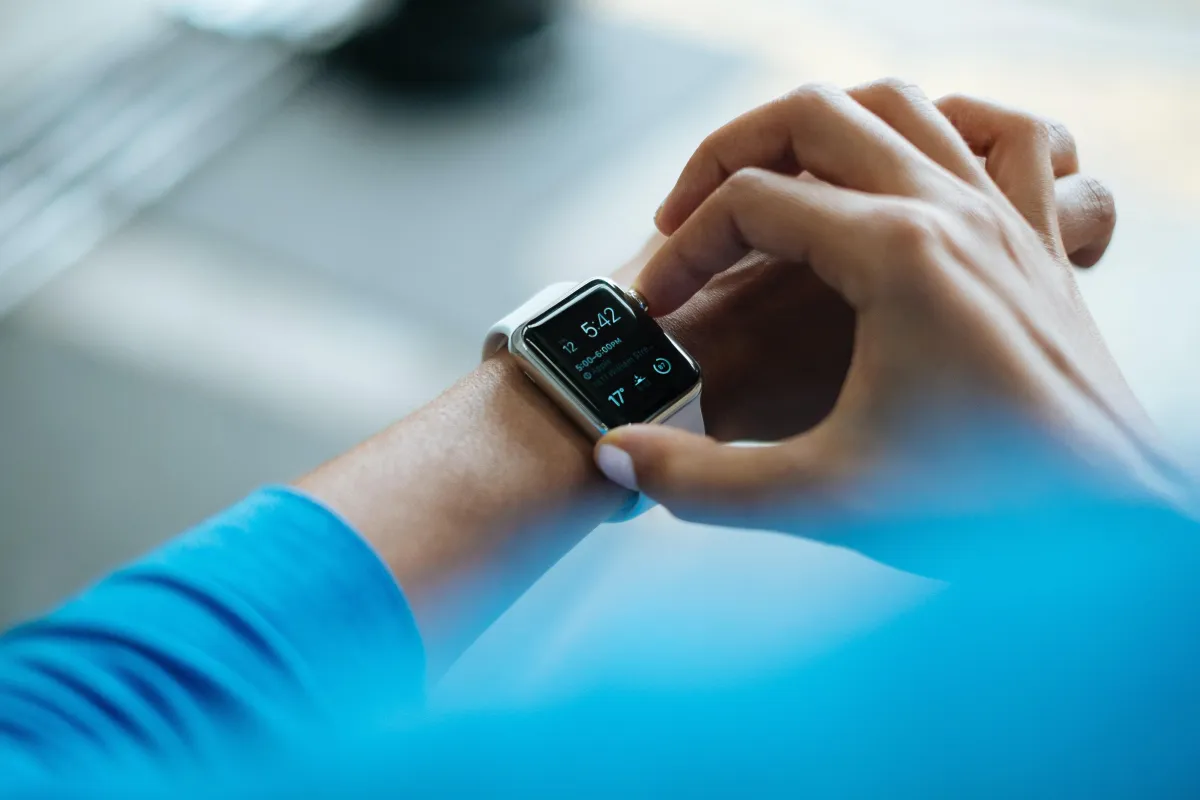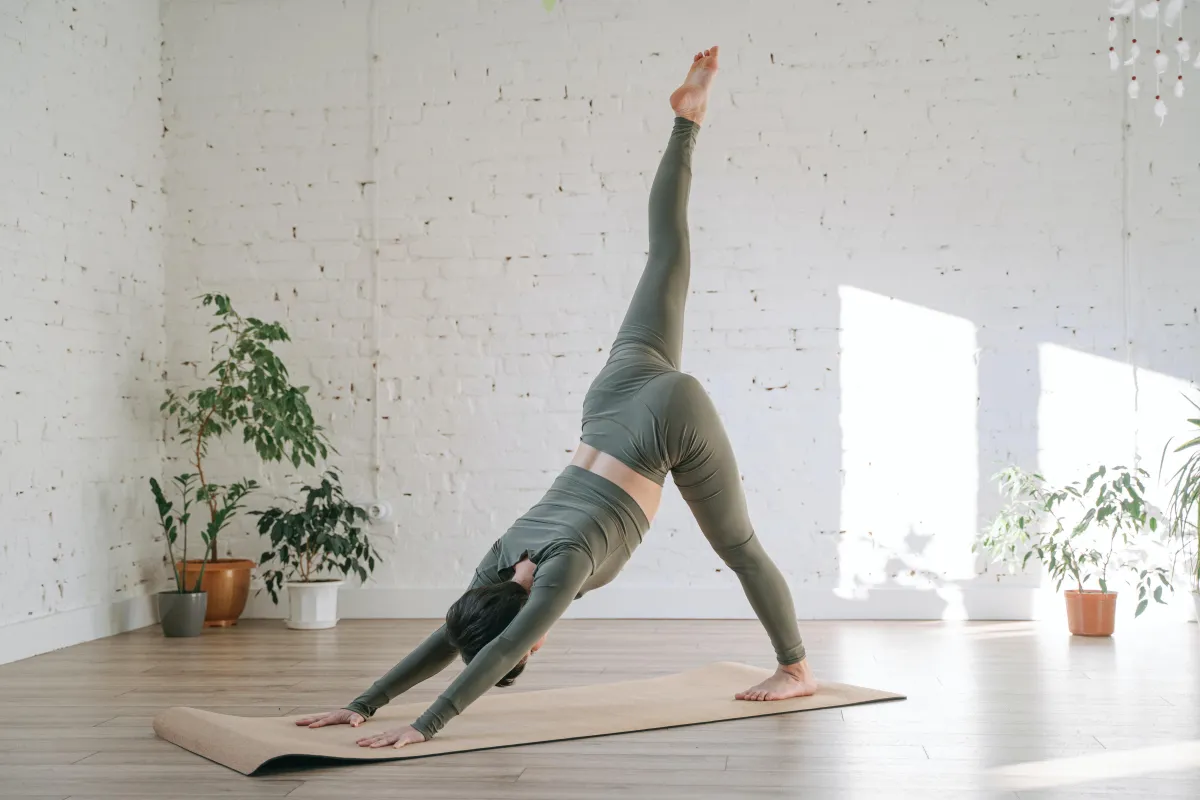OUR RECENT POSTS

The Benefits of Mindfulness for Stress Reduction and Overall Health
In today’s fast-paced world, stress often feels unavoidable. Work, family responsibilities, and daily challenges can leave us feeling overwhelmed. Mindfulness, the practice of being present and fully engaged in the moment, has emerged as a powerful tool to combat stress and improve overall health. With roots in ancient traditions, mindfulness is supported by modern science for its transformative effects on mental, emotional, and physical well-being.
What is Mindfulness?
Mindfulness is the act of paying attention to the present moment without judgment. It encourages awareness of your thoughts, feelings, and surroundings. Unlike multitasking or worrying about the future, mindfulness fosters clarity and calm by grounding you in the now.
How Mindfulness Reduces Stress
Breaking the Cycle of Overthinking
Mindfulness helps you recognize and break free from negative thought loops that amplify stress.
By observing your thoughts without attaching to them, you can reduce the emotional charge they carry.
Engaging the Relaxation Response
Practices like mindful breathing activate the parasympathetic nervous system, which counteracts the stress-induced "fight or flight" response.
This leads to lowered heart rate, reduced blood pressure, and a sense of calm.
Building Emotional Resilience
Mindfulness improves emotional regulation, helping you respond to challenges with a clearer, calmer mindset.
Regular practice can increase your ability to handle stress without feeling overwhelmed.
Health Benefits of Mindfulness
Improved Mental Health
Reduces symptoms of anxiety and depression.
Enhances focus and cognitive function, boosting productivity and decision-making.
Better Physical Health
Lowers stress-related inflammation in the body, which is linked to chronic illnesses.
Improves sleep quality by calming a racing mind before bed.
Stronger Immune System
Research suggests that mindfulness can enhance immune function, helping your body fend off illnesses.
Enhanced Relationships
Being mindful in interactions fosters better communication and empathy, leading to healthier relationships.
Mindfulness Practices to Get Started
Mindful Breathing
Take a few minutes to focus on your breath. Inhale deeply, hold for a moment, and exhale slowly.
If your mind wanders, gently bring your focus back to your breath.
Body Scan Meditation
Lie down or sit comfortably and focus on each part of your body, from head to toe.
Notice any tension and consciously relax those areas.
Mindful Eating
Pay attention to the texture, taste, and smell of your food.
Eat slowly and savor each bite, avoiding distractions like screens.
Gratitude Practice
Spend a few minutes each day reflecting on things you’re grateful for.
Write them down in a journal to reinforce positive thinking.
Mindful Walking
Take a walk and focus on each step, the sensation of your feet touching the ground, and your surroundings.
Tips for Consistent Practice
Start Small
Begin with 5-10 minutes a day and gradually increase the duration as it feels comfortable.
Create a Routine
Incorporate mindfulness into your daily life, such as during your morning coffee or before bed.
Use Apps or Resources
Apps like Headspace or Calm offer guided meditations and mindfulness exercises for beginners.
Be Patient
Mindfulness is a skill that improves with practice. Don’t worry if your mind wanders; simply bring your focus back.
The Long-Term Impact of Mindfulness
Regular mindfulness practice leads to profound, lasting changes in how you experience life. Over time, you’ll notice:
A greater sense of peace and reduced anxiety.
Increased self-awareness and emotional intelligence.
Enhanced ability to stay present and appreciate small joys in daily life.
Mindfulness is more than a stress-reduction technique; it’s a pathway to a healthier, more balanced life. By practicing mindfulness, you can transform the way you respond to challenges, improve your overall health, and cultivate a sense of inner peace.
Take a moment today to pause, breathe, and be present. Your mind and body will thank you. 🌿
One or more of the links above are affiliate links, meaning, at no additional cost to you, we will earn a slight commission if you click through and make a purchase. Each of these products is chosen by a trusted member of our team.



Email: partnerships@beyondbluehealth.com
Site: www.beyondbluehealth.com
